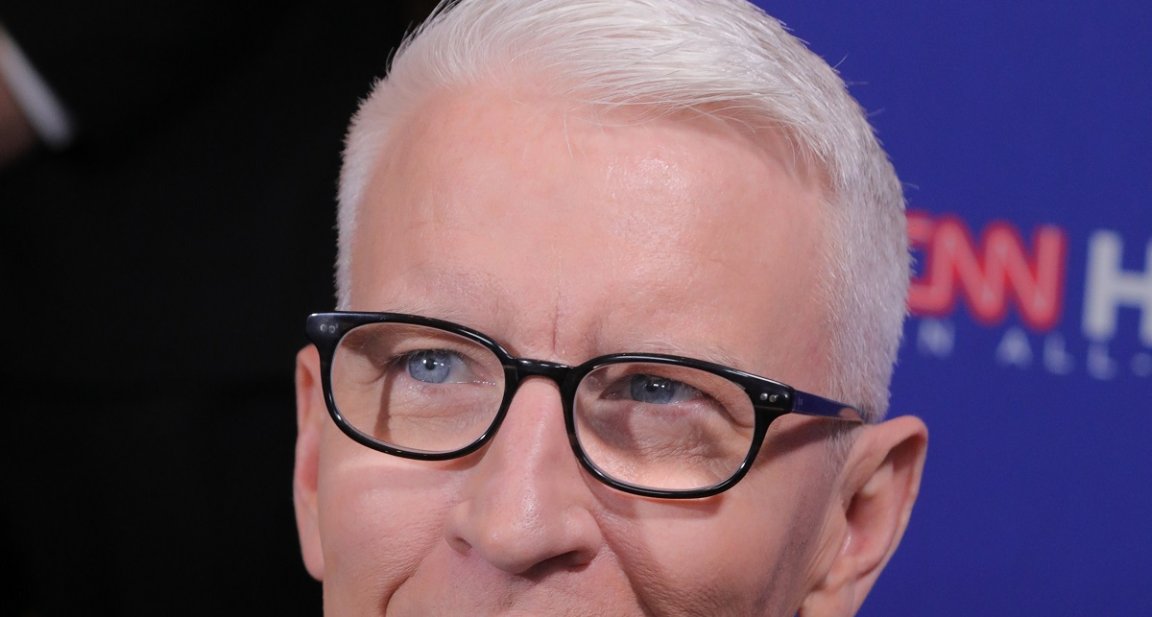
Cooper 180
Former President Donald Trump is once again making it quite clear that in the run-up to the 2024 election, he won’t be shying away from synthetic content.
In the wake of his controversial CNN town hall appearance last Wednesday night, Trump took to his social media platform Truth Social on Friday morning to share yet another piece of AI-generated material: a foul-mouthed, voice-cloned video featuring longtime CNN anchor Anderson Cooper explaining that Trump, in no uncertain terms, had succeeded in his town hall appearance.
“That was President Donald J. Trump ripping us a new asshole here on CNN’s live presidential town hall,” said the fake Cooper. “Thank you for watching, have a good night.”
“When you can do that on a large scale, and distribute it on social platforms,” he added, “well, it’s going to have a major impact.”
As other experts noted to PBS, the risks that generative AI systems like voice clones and other deepfake technologies pose to the 2024 election cycle go beyond what any candidate or campaign might be posting online themselves. There are a number of ways that bad actors, in the US and abroad, might use the tech to potentially influence campaign outcomes, and we should all probably be wary.
“What if Elon Musk personally calls you and tells you to vote for a certain candidate?” Oren Etzioni, the founding CEO of the Allen Institute for AI, told PBS. “A lot of people would listen. But it’s not him.”
“What happens if an international entity — a cybercriminal or a nation-state — impersonates someone. What is the impact? Do we have any recourse?” asked Petko Stoyanov, global chief technology officer at cybersecurity firm Forcepoint. “We’re going to see a lot more misinformation from international sources.”
In any case, it certainly matters that a former US president, who’s currently the leading Republican candidate for 2024, is ever-so-willing to share faked content. We’re in for a wild ride.
More on AI and reality: Reality Is Melting as Lawyers Claim Real Videos Are Deepfakes